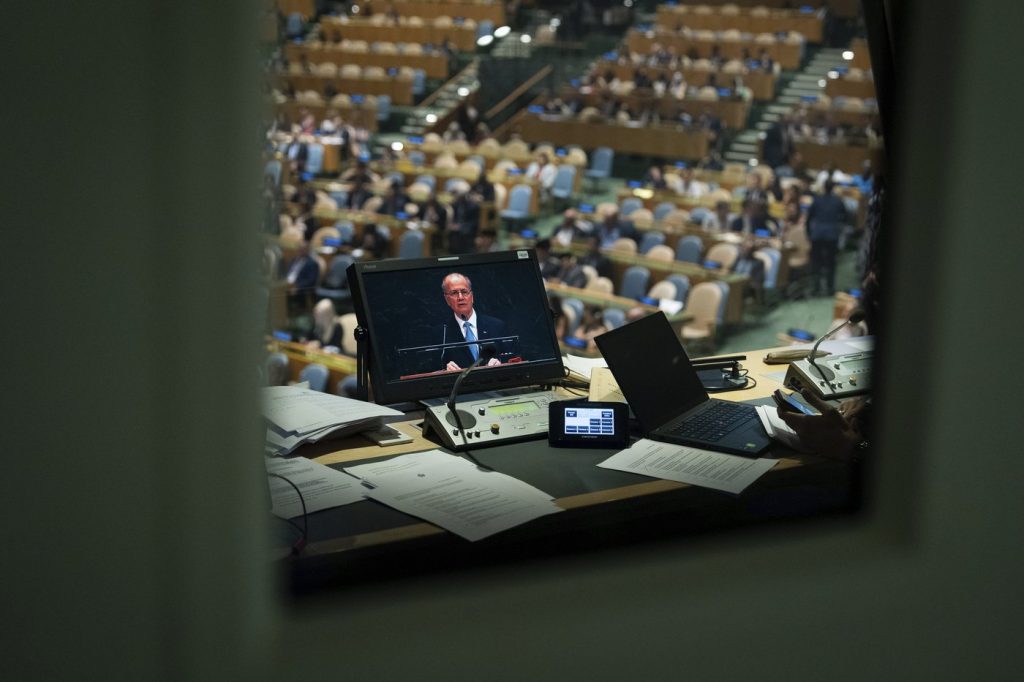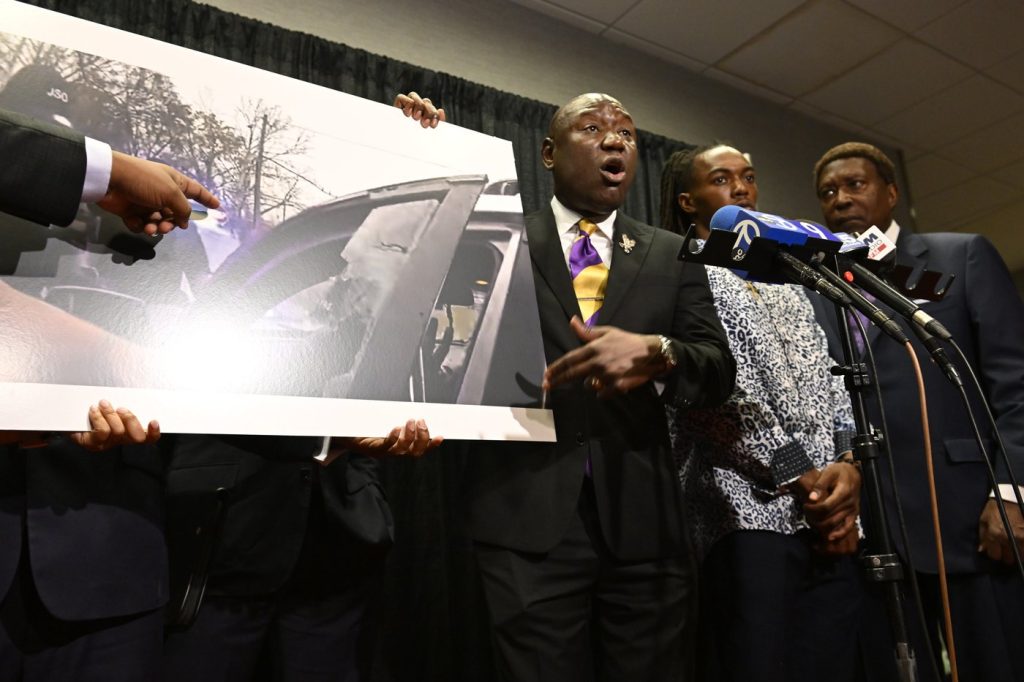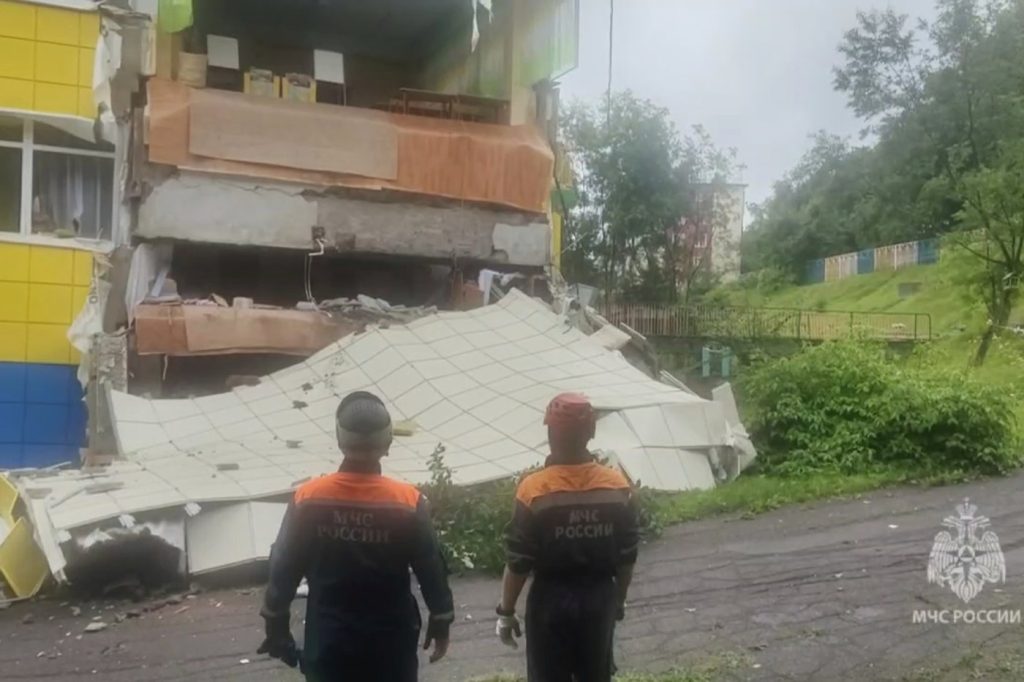The United Nations hosted a significant conference on Tuesday aimed at addressing the ongoing Israeli-Palestinian conflict, highlighting the international community's commitment to a two-state solution. High-level representatives from various nations urged Israel to support the establishment of an independent Palestinian state, showing a collective desire to resolve one of the world's longest-standing conflicts.
During the conference, a "New York Declaration" was introduced, outlining a phased plan to bring an end to the nearly eight-decade-long conflict and the current war in Gaza. This plan envisions an independent, demilitarized Palestinian state coexisting peacefully alongside Israel, eventually integrating within the broader Middle Eastern region.
The urgency of the meeting was amplified by alarming reports of starvation and famine occurring in Gaza, which has incited global outrage over the humanitarian conditions faced by Palestinians, attributed to Israeli policies—a claim that Israel denies. The conference, originally scheduled for two days, was extended into Wednesday due to the need for additional time for representatives from about 50 nations to express their views.
However, Israeli Prime Minister Benjamin Netanyahu has rejected the two-state solution, expressing opposition on nationalistic and security grounds. Furthermore, Israel's ally, the United States, chose to boycott the meeting, labeling it as “unproductive and ill-timed.” In a sharp response, Israel's U.N. Ambassador Danny Danon criticized the participation of approximately 125 countries in the conference, stating that some nations fight against terrorism while others appease it.
The conference featured a unique structure, with eight high-level working groups established to explore various topics related to the proposed two-state solution. Collaborating co-chairs France and Saudi Arabia, alongside the European Union and the Arab League, announced their intention to take collective action to end the ongoing war in Gaza.
Saudi Foreign Minister Prince Faisal bin Farhan urged all 193 U.N. member states to support the declaration prior to the 80th session of the U.N. General Assembly set to commence in mid-September. The declaration itself condemned both the attacks perpetrated by Hamas against Israeli civilians on October 7, 2023—resulting in around 1,200 deaths—and Israel’s military actions and resulting humanitarian crisis in Gaza, which have reportedly led to over 60,000 Palestinian fatalities, according to the Gaza Health Ministry. The report does not differentiate between civilians and militants.
The plan outlined during the conference proposes that the Palestinian Authority (PA) should govern and control all Palestinian territories. It advocates for an immediate establishment of a transitional administrative committee under the PA's framework following a ceasefire in Gaza. It calls for Hamas to relinquish its rule and transfer its arms to the PA amidst the transition.
Additionally, the declaration supports the deployment of a “temporary international stabilization mission” under U.N. auspices. This mission aims to protect Palestinian civilians, aid the PA in transferring security responsibilities, and provide security guarantees for both Palestine and Israel, including ceasefire monitoring and future peace agreement oversight.
One of the critical aspects of the declaration is its call for countries to recognize the state of Palestine, emphasizing that such recognition is vital for the successful implementation of the two-state solution. It denounces "illegal unilateral actions" that threaten the establishment of an independent Palestinian state, indirectly referencing Israeli policies.
French President Emmanuel Macron announced that France would officially recognize the state of Palestine during the upcoming General Assembly meeting. The French Foreign Ministry defended this recognition against Israeli claims that it rewards Hamas, asserting it would isolate the group further. Similarly, U.K. Prime Minister Keir Starmer declared that Britain would recognize Palestine before the General Assembly meeting, contingent on Israel agreeing to a ceasefire and a long-term peace process within the next eight weeks. These two nations are currently the most significant Western powers that have taken this step, being the only ones from the Group of Seven major industrialized nations to do so.
A different statement, referred to as the "New York Call," was circulated by France but was deemed too strong for many nations, particularly Arab states. Consequently, it received approval from only 15 Western nations. This statement expresses a collective willingness to recognize Palestine as an essential step toward achieving the two-state solution and invites other states to join this initiative.












